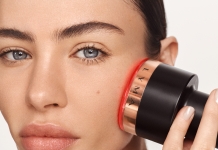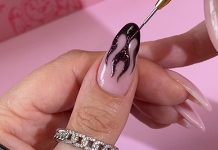Surgeons warn against Brazilian Butt Lift op

Surgeons are raising awareness of the dangers associated with the Brazilian Buttock Lift (BBL) procedure, in particular those surgeries carried out abroad.
The British Association of Aesthetic Plastic Surgeons (BAAPS) revealed research at their Annual Scientific Meeting in London and urged their members to desist from performing the treatment, which involves taking fat from another part of the body and injecting it into the buttocks.
BAAPS say that the procedure's high death rate – thought to be as high as 1 in 3,000 operations – makes the treatment too risky to perform without further research. Risks involve fat being injected into large veins that can travel to the heart or brain and cause severe illness and death.
Post-operation complications from BBL can range from severe bacterial infections such as MRSA and Pseudomonas, tissue dying (necrosis), scarring, wound ruptures (dehiscence) and abscesses.
Junior trainee in plastic and reconstructive surgery Mohammed Farid conducted the study at the Royal London Hospital.
Dr Farid says:
“As a trainee, it's been staggering to see the lengths – and the damage – these patients will go through in the quest for cheaper options. Especially for the kind of surgery which requires such specialist training. I remember in one procedure, we found a piece of Latex which had been left inside the patient's buttock! This was one of the most shocking moments in my career, and the one that inspired me to conduct the study.”
Consultant plastic surgeon and outgoing BAAPS President Simon Withey adds:
“A vulnerable group of patients are openly being targeted through social media and the Web to travel abroad for cheaper cosmetic surgery – and this trend is likely to rise. The outcome of having these operations away from home can be devastating. It's not just medical history than needs evaluating, but also mental health screening, which we take very seriously at the BAAPS. Indeed, psychological wellbeing is a regular, yet critical part of our yearly Scientific Meetings.”
The BAAPS meeting also saw the announcement of a new psychological screening tool designed to assist cosmetic surgeons assess the appropriateness of treatment based on a patient's mental health and their underlying concerns which has led them to request treatment.





-11752.png)





